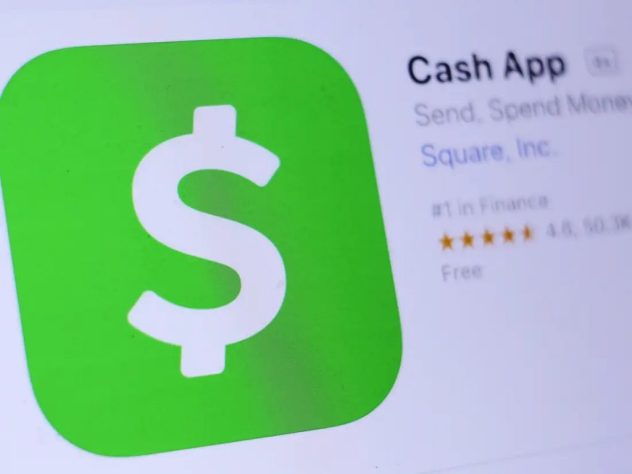Scammers use missing persons to commit fraud
By Greg Collier
We’ve often said that scammers will stoop to any lengths to try to get one over on their victims. We also say that scammers will try to take advantage of any kind of tragedy to make a quick buck. Now, think of one of the worst tragedies that can befall a family. Then imagine that family having to deal with a scammer that’s trying to take advantage of that tragedy. That’s what’s been happening to many families in Alaska.
Due to the sheer amount of untamed wilderness that Alaska has, the state has an inordinate amount of missing persons cases per capita. This has led to scammers trying to extort money out of the families involved in these cases. Even we were taken aback when we read about this scam as it’s beyond cruel.
The scammers take to social media looking for posts that deal with a missing person. They’ll then use that information to contact the missing person’s family. The scammers will say that they are holding the missing person hostage and that the missing person is now ill. The family will be instructed not to contact police and that their loved one will be released if they make a ransom payment. The ransom payment is then demanded to be paid through a payment app like PayPal or Cash App.
This is a variation of the virtual kidnapping scam with the only difference being is that the person being used in the scam is actually missing. The reason this particular scam is doubly cruel is that not only are the scammers harassing an already distraught family but in some cases, it’s giving them a false sense of hope that they may be getting their family member back.
Whenever one of these scams come up, we like to remind our readers that kidnapping for ransom is actually very rare in the US.
We hope that anyone reading this never has to deal with a missing person in their family. However, if the unthinkable happens, and then you receive a scam call like this, you should contact your local police immediately.











Leave a Reply